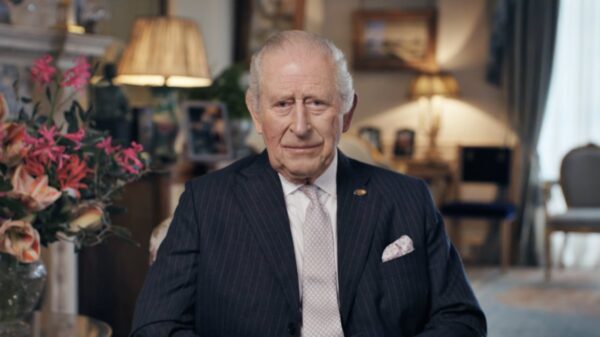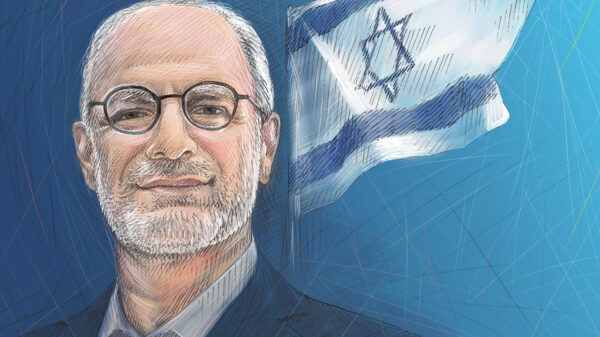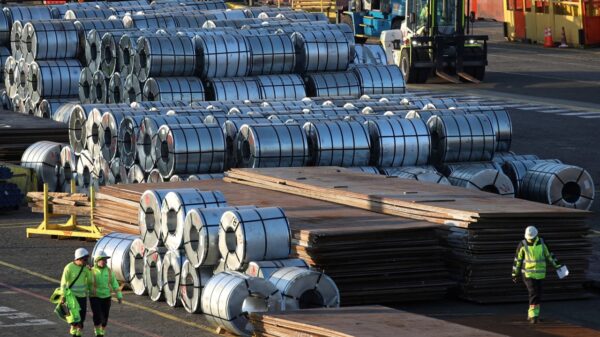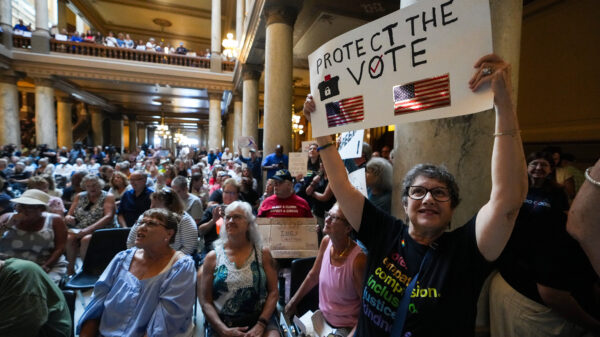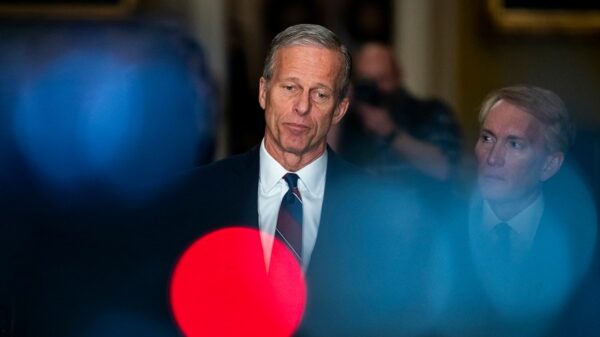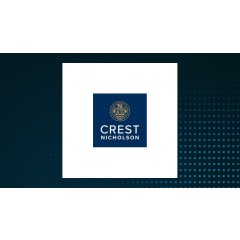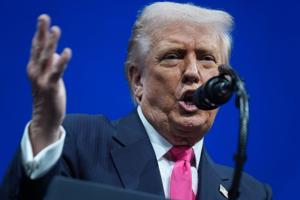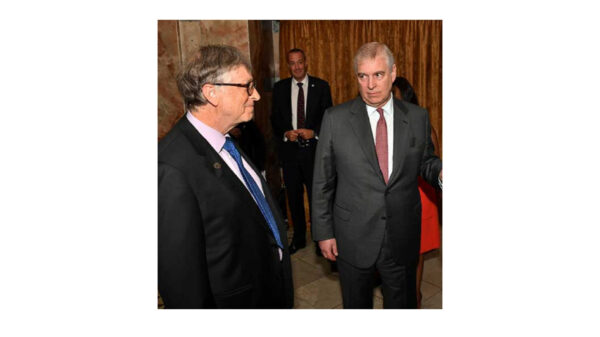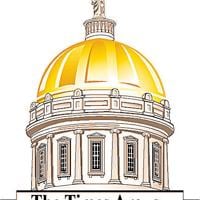In a surprising escalation of trade tensions, former U.S. President Donald Trump has threatened to impose a 50% tariff on imports from Brazil. This move comes in response to a court case involving former Brazilian President Jair Bolsonaro, which Trump has denounced as a “witch hunt.” The implications of this tariff could significantly impact Brazil’s economy, the largest in South America.
The backdrop of this tariff threat stems from ongoing legal troubles facing Bolsonaro. The former leader is currently embroiled in a court case that has drawn considerable media attention. Trump’s remarks highlight his support for Bolsonaro, whom he has often praised during his presidency. This latest tariff announcement signals a shift in the U.S.’s approach to its trade relationship with Brazil, traditionally a key partner in South America.
Trump’s comments emerged during an interview on CNN, where he expressed outrage over what he perceives as politically motivated charges against Bolsonaro. He stated that the legal proceedings against the former Brazilian president are an attempt to undermine his political legacy and influence in the region.
The proposed tariff, if enacted, would be a significant increase from current rates and could disrupt trade flows between the two nations. In 2022, bilateral trade between the U.S. and Brazil reached approximately $57 billion, with Brazil exporting a variety of goods, including agricultural products and raw materials. A 50% tariff could lead to increased prices for consumers in the U.S. and potential retaliation from Brazil, further straining diplomatic relations.
Economists are closely monitoring this situation, as the introduction of such a high tariff could have ripple effects throughout global markets. Analysts warn that tariffs often lead to retaliatory measures, which could escalate into a broader trade conflict not only between the U.S. and Brazil but potentially involving other nations as well.
As tensions mount, the response from Brazilian officials will be crucial. The Brazilian government has yet to issue a formal statement regarding Trump’s threats, but sources close to Bolsonaro indicate that they are preparing to address the situation diplomatically. It remains to be seen how this will unfold in the coming weeks as both nations navigate these turbulent waters.
In conclusion, Trump’s threat to impose a 50% tariff on Brazil reflects not only his support for Bolsonaro but also a broader strategy in U.S. trade policy that could reshape economic relations in the region. The outcome of the ongoing court case and the reactions from both governments will be pivotal in determining the future of U.S.-Brazil relations.







